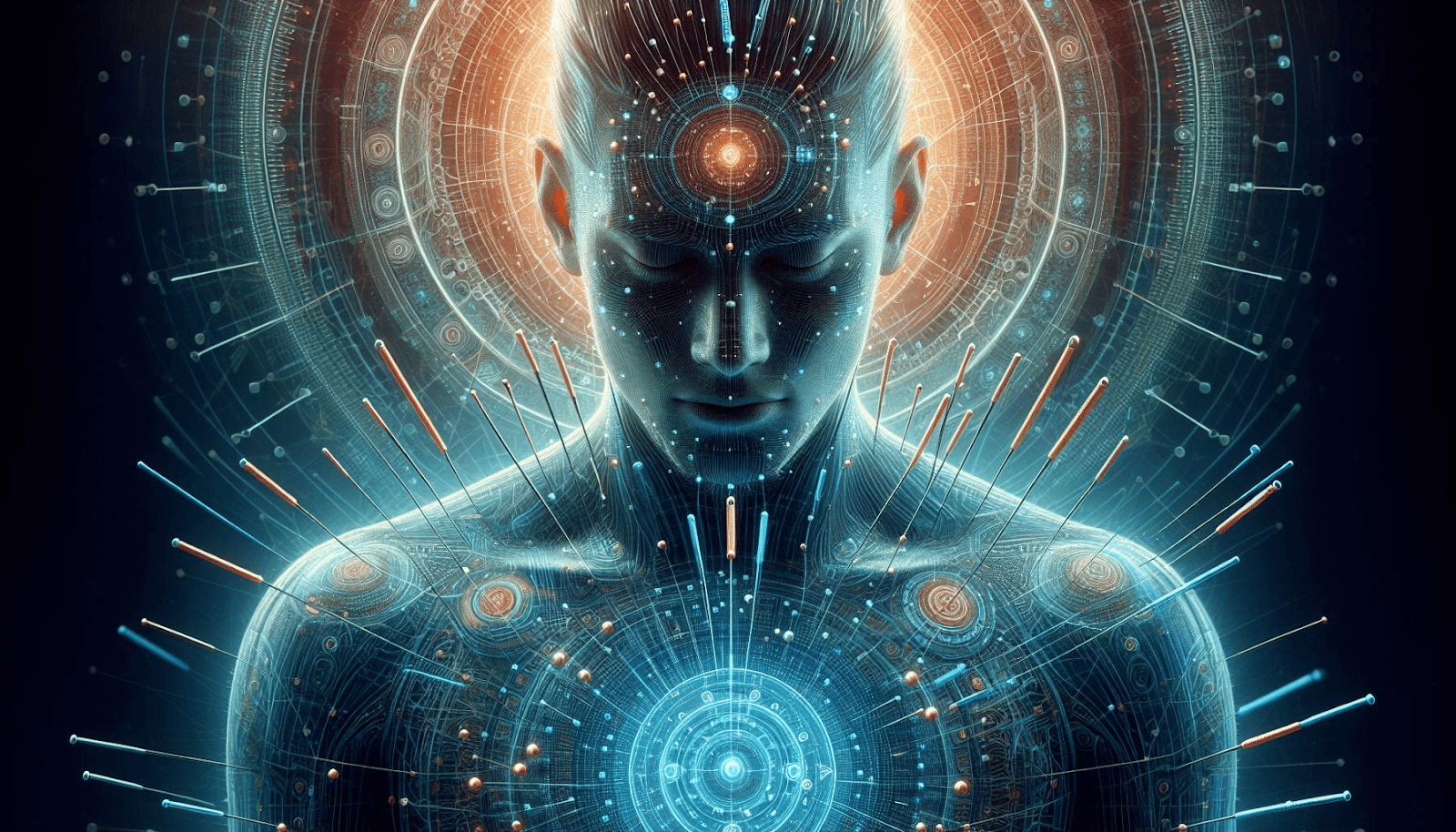The Ancient Art of Healing: Exploring the World of Acupuncture and Acupuncture Trainers

For centuries, the ancient practice of acupuncture has been revered as a powerful healing modality, capable of restoring balance and promoting overall well-being. Rooted in the rich traditions of Traditional Chinese Medicine (TCM), this holistic approach to health has transcended borders and cultures, gaining widespread recognition and acceptance in the modern world.
At the heart of acupuncture lies a profound understanding of the body’s intricate energy pathways, known as meridians. Through the strategic placement of hair-thin needles at specific points along these meridians, acupuncture practitioners aim to remove blockages and facilitate the free flow of vital life force, or “qi.” This intricate process is believed to stimulate the body’s natural healing mechanisms, alleviating a wide range of physical, emotional, and mental ailments.
The Origins and Principles of Acupuncture
Acupuncture’s origins can be traced back thousands of years to ancient China, where it was developed as part of a comprehensive system of healthcare that emphasizes the interconnectedness of mind, body, and spirit. The earliest records of acupuncture date back to the Shang Dynasty (c. 1600–1046 BCE), with detailed descriptions of its principles and practices found in the seminal text, the “Huangdi Neijing” (The Yellow Emperor’s Classic of Internal Medicine).
At the core of acupuncture lies the concept of yin and yang – the fundamental principles of balance and harmony that govern all aspects of the universe. According to TCM, illness and disease arise when there is an imbalance or disruption in the flow of qi, resulting in disharmony within the body’s energy systems.
Acupuncture seeks to restore this balance by stimulating specific acupoints along the meridians, unlocking the body’s innate ability to heal itself. The precise placement of needles triggers a cascade of physiological responses, including the release of endorphins, the regulation of hormones, and the modulation of neurotransmitters – all contributing to the alleviation of symptoms and the promotion of overall well-being.
The Diverse Applications of Acupuncture
Acupuncture’s versatility lies in its ability to address a wide range of health concerns, from chronic pain and musculoskeletal issues to mental health conditions and fertility challenges. Some of the most common applications of acupuncture include:
1. Pain Management: Acupuncture has been widely recognized for its effectiveness in managing various types of pain, including back pain, neck pain, arthritis, and migraines. By stimulating specific acupoints, acupuncture can help reduce inflammation, release muscle tension, and promote the body’s natural pain-relieving mechanisms.
2. Stress and Anxiety Relief: The calming and balancing effects of acupuncture make it an invaluable tool for managing stress, anxiety, and emotional imbalances. By addressing the underlying causes of these conditions, acupuncture can help restore a sense of inner peace and emotional well-being.
3. Fertility Support: Acupuncture has been shown to improve fertility by regulating hormonal imbalances, improving blood flow to the reproductive organs, and reducing stress levels – all factors that can contribute to fertility challenges.
4. Digestive Health: From irritable bowel syndrome to chronic constipation, acupuncture can help regulate digestive function, alleviate discomfort, and promote overall gut health by addressing imbalances in the body’s energy systems.
5. Respiratory Conditions: Acupuncture has been used to manage respiratory conditions such as asthma, allergies, and bronchitis, by improving lung function, reducing inflammation, and promoting relaxation.
The Role of Acupuncture Trainers
While acupuncture itself is a centuries-old practice, the training and education of modern acupuncturists have evolved to meet the demands of the contemporary healthcare landscape. Acupuncture trainers play a crucial role in ensuring that aspiring practitioners receive comprehensive and rigorous instruction in the principles, techniques, and clinical applications of this ancient healing art.
Acupuncture trainers are highly skilled and experienced professionals who have dedicated their careers to mastering the intricacies of acupuncture and sharing their knowledge with the next generation of practitioners. These trainers often come from diverse backgrounds, including licensed acupuncturists, medical doctors, and traditional Chinese medicine practitioners, bringing a wealth of expertise and real-world experience to the classroom.
The training process for aspiring acupuncturists typically involves a combination of theoretical instruction and hands-on clinical practice. Acupuncture trainers guide students through the intricate network of meridians and acupoints, teaching them the art of needle insertion, manipulation techniques, and the development of personalized treatment plans based on individual patient needs.
In addition to the technical aspects of acupuncture, acupuncture trainers also emphasize the importance of developing a holistic understanding of Traditional Chinese Medicine. This includes studying the principles of yin and yang, the five elements, and the complex interplay between the body’s energy systems and physical, emotional, and mental well-being.
Furthermore, acupuncture trainers play a vital role in ensuring that students adhere to the highest standards of safety, ethics, and professionalism. They instill a deep respect for the practice of acupuncture and the importance of continuing education and lifelong learning, enabling practitioners to stay abreast of the latest research and advancements in the field.
The Future of Acupuncture: Integrating Ancient Wisdom with Modern Science
As the world continues to embrace holistic and integrative approaches to healthcare, the practice of acupuncture is poised to play an increasingly significant role in the treatment and management of a wide range of health conditions.
In recent years, the scientific community has invested substantial resources into studying the mechanisms and effects of acupuncture, seeking to bridge the gap between ancient wisdom and modern medical knowledge. Numerous clinical trials and research studies have provided valuable insights into the physiological and neurological processes underlying acupuncture’s therapeutic effects.
This growing body of evidence has not only lent scientific credibility to acupuncture but has also paved the way for its integration into mainstream healthcare systems. Many hospitals and clinics now offer acupuncture services as part of their complementary and alternative medicine programs, recognizing the value of this holistic approach in enhancing patient outcomes and overall quality of life.
As acupuncture continues to gain widespread acceptance, the demand for highly trained and skilled practitioners will undoubtedly increase. Acupuncture trainers will play a pivotal role in meeting this demand, ensuring that the next generation of acupuncturists is equipped with the knowledge, skills, and ethical foundation necessary to uphold the integrity of this ancient healing art while embracing the advancements of modern science.
By combining the timeless wisdom of Traditional Chinese Medicine with cutting-edge research and evidence-based practices, acupuncture has the potential to revolutionize the way we approach healthcare, offering a holistic and personalized approach to treatment that addresses the root causes of illness and promotes lasting well-being.
Justin Lian
View All By Justin






